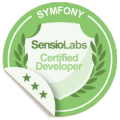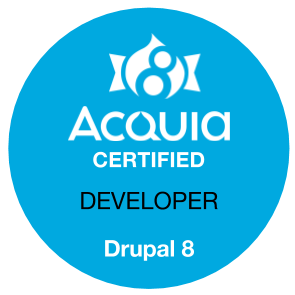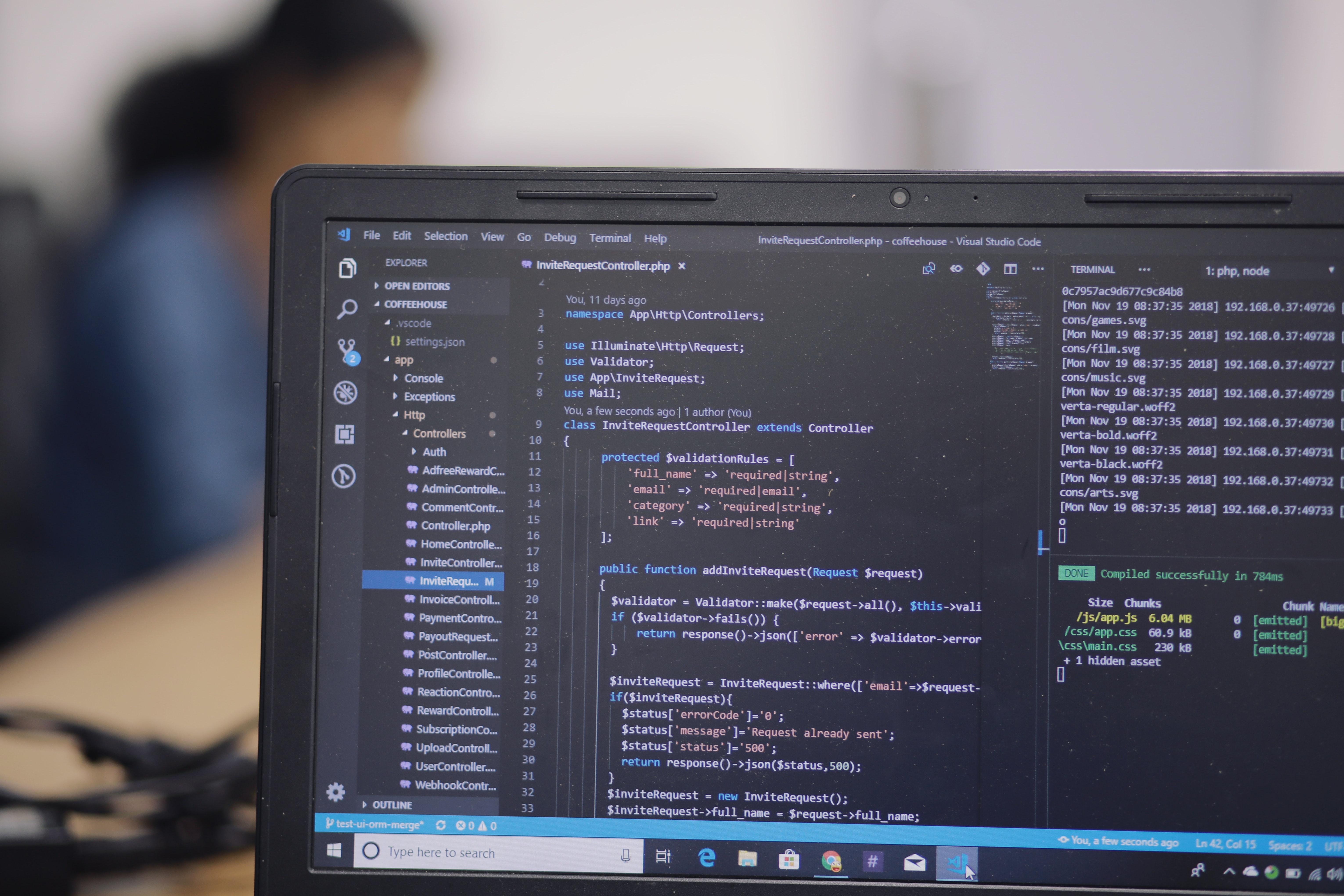The Internet of Things (IoT) is fundamentally changing how we interact with the digital world. In this talk, we’ll explore the implementation of live examples which bridge the gap between the physical and digital world using PHP: asking Alexa for information on php[world] conference sessions; displaying API data on an Arduino-powered display; using PHP to control LEDs on a Raspberry Pi to monitor application uptime; and connecting IR sensors to Slack to see whether a conference room is in use.
PHP
For Pi Day 2017 I created a really fun project - the PHPUnicorn!
A simple PHPUnit listener collects test results and sends them to a Raspberry Pi Zero Wireless device in real-time. As the device receives the stats it lights up LEDs green, red, or orange to visualize the progress and results of your unit tests.
TIL that Doctrine 2 doesn't support LIMITs within subqueries which can be frustrating. In my case, I wanted to LEFT JOIN on a table using a subquery with a single result - something like this:
$dqb->from('MyAppBundle:Foo', 'foo')
->leftJoin('foo.bar', 'bar', 'WITH', 'bar = (SELECT b FROM MyAppBundle:Bar b WHERE b.foo = foo AND b.published_date >= :now ORDER BY t.startDate LIMIT 1)');
But Doctrine kept throwing this error:
Software bugs are inevitable; some are especially difficult to track down, causing you to waste countless hours before throwing your hands up in defeat. It doesn't have to be this way! The mental fatigue and wasted time can be avoided by using strategies like identifying the most-appropriate tool, taking a logical & objective approach, challenging assumptions, listening to variables, isolating the code path, and reinforcing code with automated tests.
Software bugs are inevitable; some are especially difficult to track down, causing you to waste countless hours before throwing your hands up in defeat. It doesn't have to be this way! The mental fatigue and wasted time can be avoided by using strategies like identifying the most-appropriate tool, taking a logical & objective approach, challenging assumptions, listening to variables, isolating the code path, and reinforcing code with automated tests.
The Internet of Things (IoT) is fundamentally changing how we interact with the digital world. In this talk, we’ll explore the implementation of live examples which bridge the gap between the physical and digital world using PHP: asking Alexa for information on php[world] conference sessions; displaying API data on an Arduino-powered display; using PHP to control LEDs on a Raspberry Pi to monitor application uptime; and connecting IR sensors to Slack to see whether a conference room is in use.
This repository contains the source code for the 4 demos given during my "Rise of the Machines: PHP and IoT" talk at php[world] 2016.
Gulp is a powerful utility for automating development workflows. Tasks are written using code, not configuration, enabling the easy creation of highly-custom and flexible automations. This talk introduces developers to the core concepts of gulp.js, and how to leverage it for new & existing projects. We’ll cover several examples of common tasks for managing CSS, JS and PHP, including: compiling Sass, minifying files, running PHP tests, checking code styles, ensuring legacy browser support & more.









